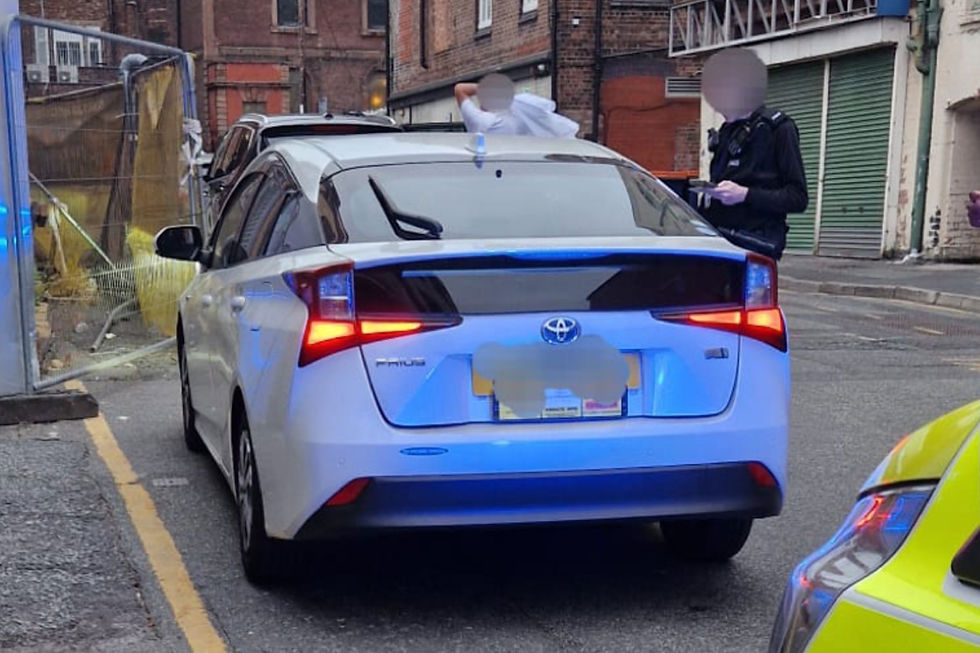City of Wolverhampton Council agrees to extend taxi cross-border enforcement powers to ELEVEN more authorities
- Perry Richardson

- Oct 11, 2025
- 2 min read
Updated: Oct 12, 2025

City of Wolverhampton Council has agreed to extend its joint authorisation scheme allowing taxi compliance officers from 11 additional local authorities to carry out enforcement action against its licensed drivers operating outside the city.
The decision, made by the council’s Regulatory Committee on 1 October, follows the success of a pilot with Milton Keynes City Council, which saw officers conduct 846 roadside checks and suspend two Wolverhampton-licensed vehicles found with defects.
Under the new arrangement, compliance officers from councils including Telford & Wrekin, Ashfield, Bassetlaw, Broxtowe, Gedling, Mansfield, Newark and Sherwood, Nottingham, Rushcliffe, Liverpool and Sefton will be authorised to act under sections 68 and 73 of the Local Government (Miscellaneous Provisions) Act 1976. This enables them to assess vehicle fitness and deal with obstruction offences during enforcement operations.
Wolverhampton’s compliance team will also receive equivalent authorisation from each partner authority, allowing reciprocal powers to be exercised. Licensees in the affected areas will be informed directly of the new enforcement arrangements.
The scheme aims to improve safety and ensure consistent regulation for drivers who operate across council boundaries. Wolverhampton currently licenses more private hire drivers and vehicles than any other local authority in the UK, with around 96 per cent of those drivers living outside the city.
How has the Milton Keynes pilot shaped Wolverhampton’s wider taxi enforcement model?
The six-month pilot, launched in March 2024, gave Milton Keynes officers limited powers to carry out compliance checks on Wolverhampton-licensed private hire vehicles operating within their area. As of September 2024, Wolverhampton had 171 private hire drivers and 105 vehicle proprietors based in Milton Keynes.
During the trial, officers conducted 846 roadside inspections, of which 91 involved Wolverhampton-licensed vehicles. Two of those vehicles were suspended for failing to meet safety standards, including illegal tyre tread depth. The results were presented to Wolverhampton’s Regulatory Committee, which noted the scheme’s effectiveness in improving local oversight of drivers licensed elsewhere.
Following the pilot’s positive outcome and national attention, Wolverhampton received requests from other councils seeking similar agreements. The latest decision authorises officers from 11 authorities, including Liverpool, Nottingham and Sefton, to undertake compliance checks on Wolverhampton-licensed drivers operating in their regions.
The move supports the Department for Transport’s best practice guidance, which encourages councils to share compliance responsibilities across borders to close gaps in enforcement created by the long-standing “right to roam” provisions.
Wolverhampton Council’s compliance officers already work nationally, often during late-night hours, to monitor its growing number of licensees. By extending powers to local officers in key areas, the council aims to increase efficiency and maintain the same safety standards wherever its drivers operate.








